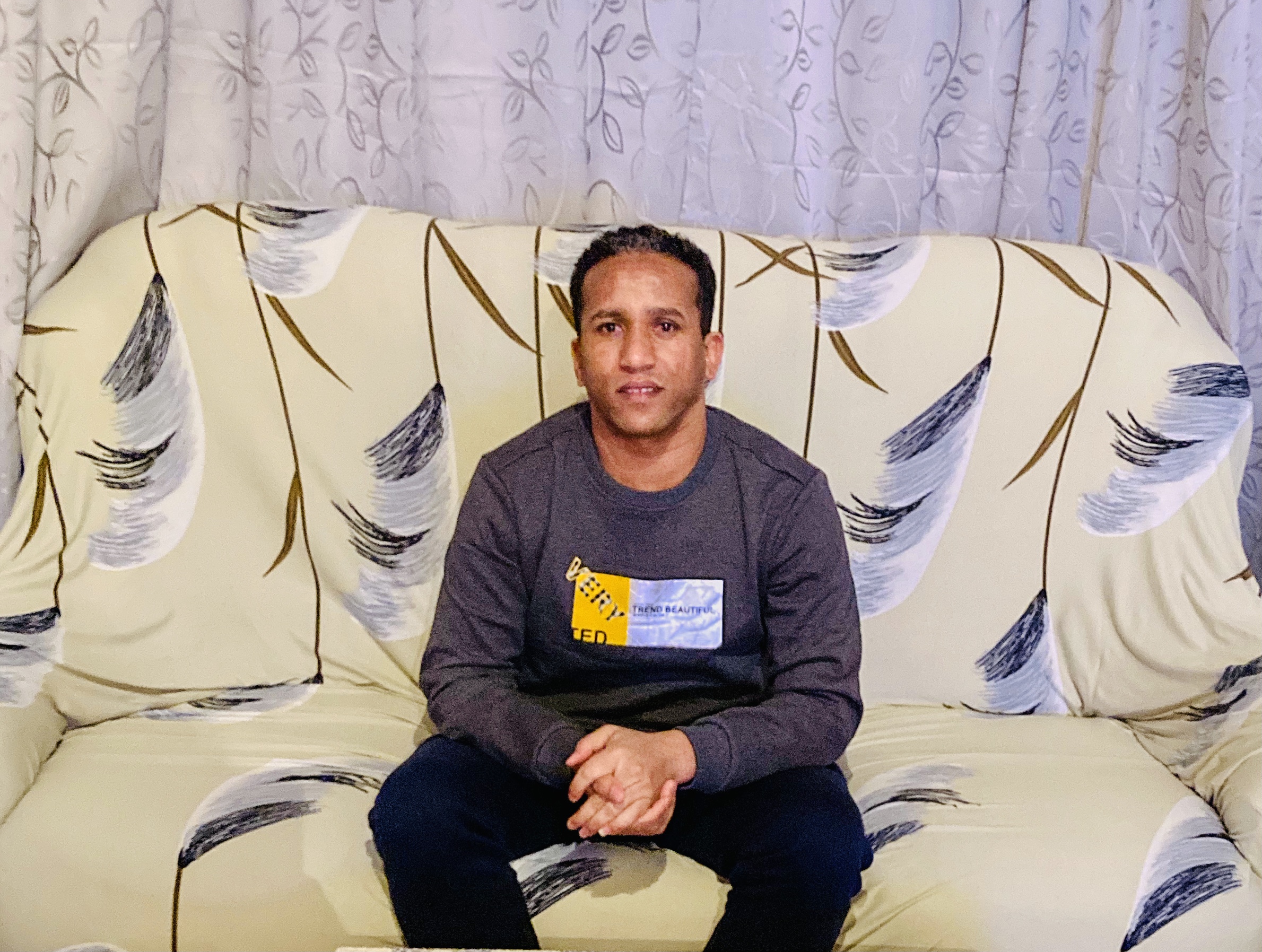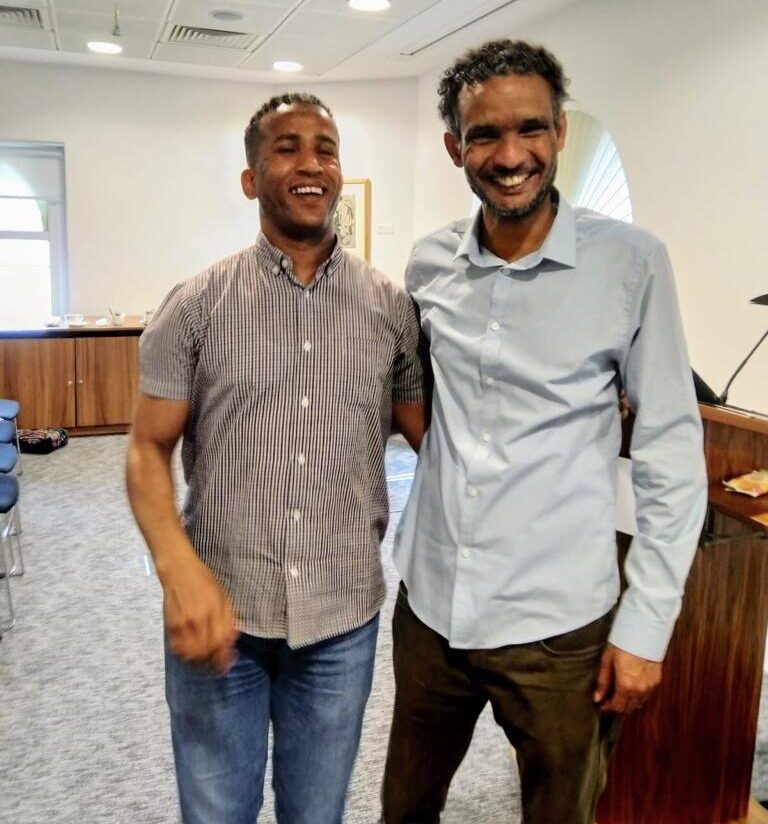The pandemic
- January 1, 2021
- Hyab Yohannes
- New Year Reflections
-
2020 will be remembered for COVID-19 and how impactful the virus has been. I spent the first six weeks in fieldwork in Egypt. In Cairo, I was thrilled to have met my former colleagues and friends – and made new friends. The saddest thing about the fieldwork was the situation of the refugees and I was particularly heartbroken by some of my former ‘clients’ who are stuck in Cairo without any foreseeable future. One of the former clients summed up the refugees’ situation with the following question: ‘Does the world know we exist?’ I still have not figured out how to respond to this question.
After returning to the UK at the end of February, I spent much of the year in a state-sanctioned solitude. Like everyone else, I would spend my days at home. Everything seemed dull and sad. Daily reports of death from the virus meant that newspapers and mainstream media have turned themselves into obituary sites. I lost to COVID-19 one of my best friends in the UK. Words still fail me to express how sad is the feeling of losing your friend and not being able to attend their funeral.
Since the start of the pandemic, I have been involved in trying to help the Eritrean community in the UK to deal with the added challenges the pandemic has brought to the lives of many community members. Alongside many other active community members, I was involved in communicating government guidelines and organising community support to destitute asylum seekers. Here, I am immensely grateful to Tesfalem Yemane with whom I share so much in common. Tesfalem and I believe the challenges the pandemic poses to our communities are still there. With many refugees stranded in multiple axes of indifference, it felt like refugees are forgotten. The rhetorical mantra of ‘We are all in this together’ simply appears to be mere political posturing. Politics aside, it has been incredible to watch communities coming together in the fight against the pandemic. Tesfalem and I are proud to have helped our community by creating a ‘COVID-19 task force’. Among other things, we have helped our community to translate the public health guidelines, raise awareness about the novel virus, understand asylum matters and access welfare schemes.
Daily reports of death from the virus meant that newspapers and mainstream media have turned themselves into obituary sites. I lost to COVID-19 one of my best friends in the UK. Words still fail me to express how sad is the feeling of losing your friend and not being able to attend their funeral.
Yet, there were so many positives too. Having already gathered my primary data, staying at home provided me with a perfect opportunity to work on my PhD thesis. I am in a reasonably good position to finish my PhD programme on time. Also, I had the opportunity and privilege to know and work with amazing PhD colleagues. So, special thanks to PGR Team 681.
The lockdown also allowed me to spend much time with my fiancée. We had very many memorable moments watching films, chatting, and cooking Eritrean dishes together. I took the time to help my fiancée to pass the Life in the UK test, which was her main lockdown project.
At a professional level, I enjoyed virtual supervisions and informal chats with my PhD supervisors, Prof. Alison Phipps and Prof. Fergus McNeill. They have been my source of inspiration and support throughout the year. I am forever grateful.
A special thanks also go to my cousin Eden and her family; Rima and her family; Ghergishu and her son; and Elias.
Happy New Year!


